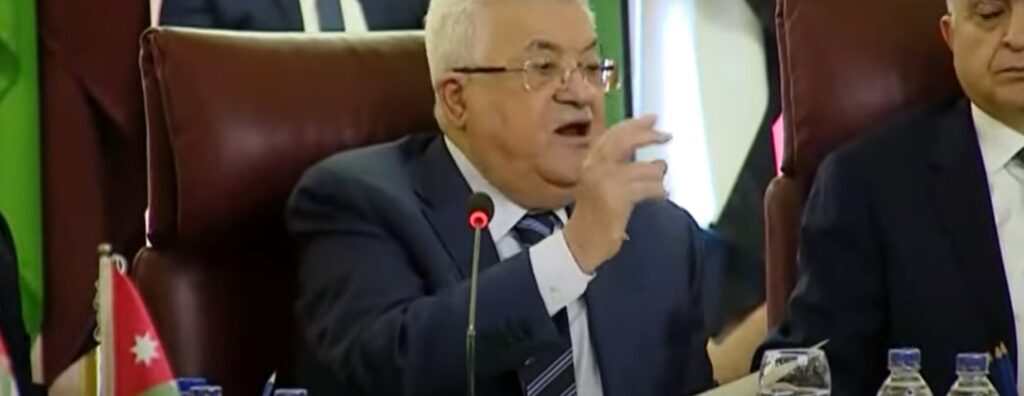The aftermath of the conflict in the Gaza Strip prompts regional and international entities to consider the “day after” scenario.
Israel’s stated goal of overthrowing Hamas and the Biden administration’s push for PA control has led to a complex geopolitical landscape.
The Biden administration anticipates Israel’s success in eliminating Hamas influence and seeks to position the PA as the entity to reclaim control.
However, Israel opposes this due to concerns about the PA’s security weakness, corruption, support for terrorism, and incitement against Israel.
President Biden’s recent statement suggests support for a “new PA” to govern the Gaza Strip post-war.
Sources in the Fatah movement reveal ongoing discussions between Arab entities, the Biden administration, and the PA regarding comprehensive leadership reform without elections.
One proposal involves pressuring Mahmoud Abbas to step down, retaining a PLO chairmanship, and relocating to Amman.
The aim is to facilitate a new PA leadership that aligns with U.S. interests and gains Israeli approval.
Discussions involve figures like Muhammad Dahlan and Nasser Al-Kidwa, both political rivals of Mahmoud Abbas. The Biden administration aims to shift the political focus to Gaza, seeking figures with international support, including former PA Prime Minister Salam Fayyad.
Simultaneously, Fatah members engage in discussions with Hamas leadership abroad about potential integration into a new Palestinian government, with the condition of disbanding its military arm.
As of now, there is no agreed plan between Israel and the Biden administration for Gaza’s future control.
While the Hamas leadership remains adamant about retaining power, the international community sees its rule as unsustainable.
Mahmoud Abbas, at 88, shows no intention of resigning, posing a challenge to the Biden administration’s reform plans for the PA.
Conclusion
The Gaza Strip faces a critical juncture, demanding a new leadership to guide its recovery post-conflict.
The ongoing diplomatic efforts aim to navigate the complex regional dynamics, with uncertainties surrounding the feasibility of the proposed leadership changes and the future political landscape of the Gaza Strip.




